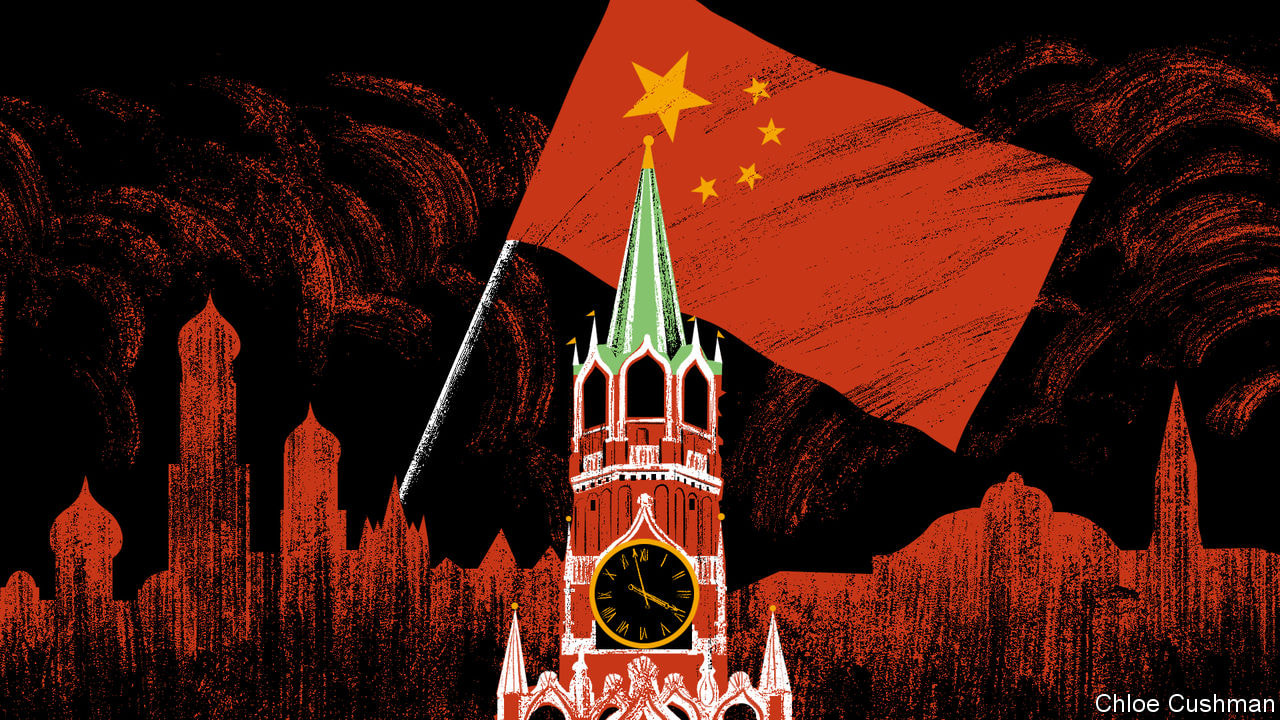Will China be part of China’s proxy war
Chen Hai said that he was delighted to see friendly exchanges between the Buddhist communities of Myanmar and China.
Since the coup, Beijing has been careful to engage not only with the junta, but to open a low-level, informal dialogue with the parallel National Unity Government (NUG).
But China is not a trusted neighbor and Beijing’s undisclosed support of the Myanmar military is being closely monitored. Unlike Russia, China cannot openly sell arms to the regime.
Intelligence sources have suggested that Beijing is considering using Pakistan as an intermediary to sell and export military hardware to the junta.
With coup leader Senior General Min Aung Hlaing making repeated visits to Russia with a shopping list for jet fighters, helicopters and missiles, China is concerned that it will lose Myanmar as a customer for its weapons.
At the same time, Pakistan’s security ties and defense cooperation with Myanmar have increased since the military takeover.
Pakistan is reportedly delivering two JF-17 Thunder Block-II aircraft to the Myanmar Air Force. In 2018, Myanmar`s military bought 16 JF-17 Thunder multi-role aircraft from Pakistan for US$560 million. The aircraft is co-developed by the Pakistan Aeronautical Complex and China’s Chengdu Aerospace Corporation.
The junta is also also reportedly considering purchasing heavy machine guns, 60 and 81mm mortars and M-79 grenade launchers from Pakistan.
Islamabad was formerly a strong critic of Myanmar’s government for what it alleged was a state-sponsored terror campaign against Rohingya Muslims in western Myanmar’s Rakhine State.
At the same time, Myanmar has in the past accused Pakistan of arming and training the radical Rohingya group, the Arakan Rohingya Salvation Army.
Now, though, the two countries seem to have grown closer, apparently at the behest of Beijing, which is understood to be brokering arms deals between Pakistan and Myanmar.
Security experts claim that China has surreptitiously stepped up its engagement with Myanmar’s junta. As part of that clandestine cooperation, Beijing has got Islamabad involved as a proxy to supply weapons to the regime.
Beijing is wary of the deep anti-China sentiment in Myanmar and the likely backlash if it is seen to be supplying arms to the junta.
Anti-Chinese sentiment swelled in Myanmar following the coup, with many people believing that Beijing had a hand in the takeover. Soon after the putsch, there were calls for a boycott of China-made goods, along with calls to blow up the oil and gas pipelines that run from Rakhine State to Yunnan Province in southwest China if Beijing failed to condemn the junta.
Earlier this year, resistance forces attacked a China-backed nickel-processing plant in Sagaing Region, even as Beijing urged the NUG to ensure the anti-coup resistance did not target China’s investments in Myanmar.
In public, Beijing has called on the regime to return to democracy. However, it is believed that China has continued to arm the junta secretly, exporting small arms and munitions including CH-3 drones.
Last year, the UK-based Jane’s International Defense Review and the Washington-based Center for Strategic and International Studies think tank both identified Chinese-made CH-3A drones as being used by the Myanmar military to identify targets.
What could upset Beijing and Islamabad’s sinister plans is the ever-growing resistance to the regime by People’s Defense Forces (PDF). In conjunction with ethnic armed organizations, the PDFs are carrying out near-daily attacks on junta forces. Over 250 of Myanmar’s 330 townships have witnessed such attacks.
China can point to ceremonies like the one at Botataung Pagoda last month as evidence of its friendship towards the Myanmar people, but that will count for nothing if Beijing continues secretly to send military hardware to the junta.













